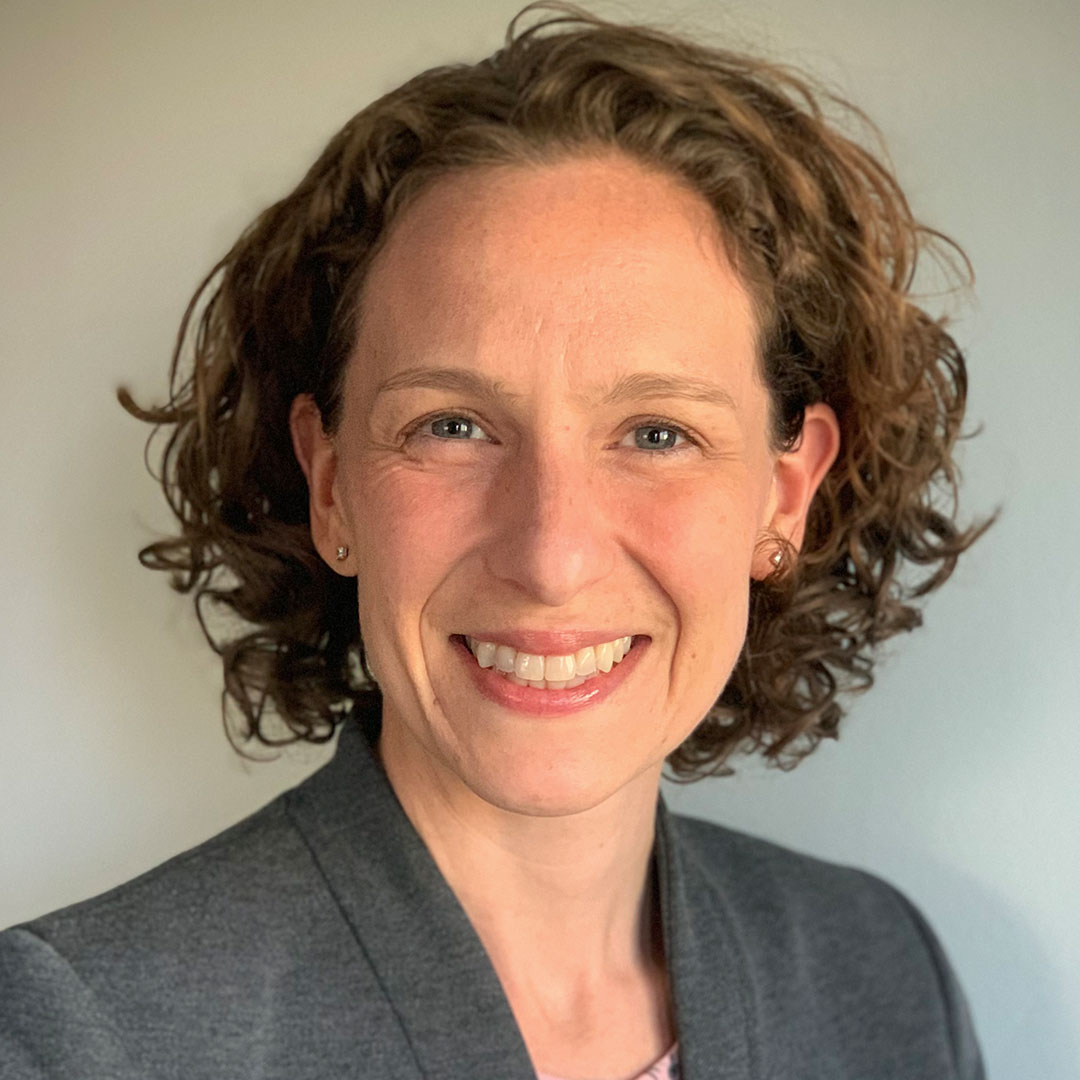Table of Contents
College leaders are faced with increased demands to ensure students are receiving quality, responsive medical and mental healthcare. The COVID-19 pandemic accelerated the adoption of telehealth solutions to meet students where they are — a need that remains relevant even as students return to campus. As leaders try to determine what campus operations will look like in our new normal, continuity of care has emerged as an essential aspect, linking all medical and mental health offerings to meet student needs and empower them to be well and thrive.
What continuity of care means for higher education and patient care
According to The American Academy of Family Physicians Foundation (AAFP), continuity of care, “is the process by which the patient and their physician-led care team are cooperatively involved in ongoing health care management toward the shared goal of safe, high quality, cost-effective medical care.” In the college health care setting, the patient is the student and campus health administrators are leaders of the care team in the continuity of care. The care team likely extends beyond one healthcare professional to include a variety of team members, such as telehealth medical and mental health professionals, nutritionists, psychiatrists, and nurses.
To establish continuity of care in the college setting, administrators must ensure that there is:
Consistent, quality healthcare available
High-touch support to assist with health literacy and care plan follow-through
Appropriate technology integration that allows the care team to access information quickly and securely for each student
The benefit of enhancing continuity of care is reflected in a study published in the Journal of Family Practice, which found that continuity of care increases participation in preventative health services, decreases emergency room visits, and increases patient satisfaction.
The importance of coordinated quality healthcare
According to the US Department of Health and Human Services, “quality health care is care that is safe, effective, patient-centered, timely, efficient, and equitable.” College students experience a range of physical and mental health conditions, behavioral risks, and social determinants that impact their well-being and ability to thrive. Students have also identified structural and psychological barriers to seeking care, which may exacerbate physical and mental health conditions. According to a recent literature review, Hadler et al found that students experienced barriers to care including:
- Not knowing where to go
- Lack of appointment availability at times they needed
- A preference to handle symptoms on their own
- Discomfort with talking about their symptoms
- Lack of motivation to seek help.
In order to decrease barriers to seeking care, institutions can focus on creating a comprehensive, public-health approach to promoting student well-being on campus that provides access to a variety of services provided by a variety of trained, student-centered health care professionals. Coordinating consistent, quality care that is available when students need it requires managing the exchange of information between providers to facilitate the timely, efficient, and appropriate delivery of services. This coordinated approach will help colleges and universities keep students healthy and moving forward toward their goals.
TimelyCare operates on a team-based care model that allows licensed medical and mental health providers along with health coaches, counselors, and social workers the opportunity to communicate with each other and the campus-based clinicians to ensure students receive coordinated, quality care. As TimelyCare expands the ability for record sharing, the opportunities to quickly advance a student towards his or her basic needs, medical or mental health support will also expand.
A robust quality assurance plan and process is in place to measure how well TimelyCare is delivering on its mission to improve the well-being of college students. A quality assurance dashboard provides real-time data on the provider and their visit scores. It also enables additional analytics to measure whether student mental health improves as they engage in counseling with licensed mental health providers or access TimelyCare’s TalkNow on-demand emotional support with mental health practitioners. Maintaining a high quality of care helps ensure that service is meeting expectations and student health outcomes are improving.
Discover the impact of continuity of care
How high-touch student support improves health and well-being
It is well documented that poor health outcomes and poor use of health care services are associated with low health literacy. Improving health literacy is linked to cost savings, preventing unnecessary hospital visits, and decreasing morbidity and mortality rates. Many young adults experience low health literacy. This demographic is also particularly challenged by low eHealth literacy, which is the ability to acquire and vet electronic health information. A student’s challenge to find a solution for their health condition doesn’t end after an appointment with a health provider. Often, students need to fill a prescription or obtain further tests.
Students with low health literacy may face other barriers to understanding or being able to act on recommendations from their health care providers, such as lack of transportation or financial resources. Providing coordinated care and high-touch student support is an important aspect of continuity of care. Following up with students after a healthcare visit to ensure that they understand and are able to follow the instructions to care for themselves will significantly enhance the outcomes associated with their health condition. Colleges and universities that lack staffing to meet the demand associated with spending time reviewing next steps, connecting students to resources, and following up with students should consider partnering with services that holistically support students and the institution in meeting its mission.
TimelyCare is committed to the health, well-being, and satisfaction of each and every student. Not only does the company strive for students to have their needs met, but it is dedicated to increasing student health literacy and preventing disease in the future. Through TimelyCare’s platform, students will have access to a library of resources that allow them to learn health-related information that is designed to:
Raise awareness
Increase knowledge
Build skills
Change behavior
To help students get on a fast track to recovery from whatever they’re dealing with, TimelyCare’s care team reaches out to every student after each visit. Through secure messaging, the care team confirms that the student has the information and resources needed to take the necessary steps to help ensure a minor issue doesn’t become a chronic condition. The team assists students who need additional support and potentially more long-term care by:
- Filling a prescription
- Ensuring the students understands the physical and/or mental health plan created by the provider
- Making another appointment
- Assisting with basic needs such as housing, transportation, childcare, and food.
Integrating technology to improve patient outcomes
The integration of technology into health care allows providers to better manage patients, share information, and improve health outcomes. One example is utilizing electronic health record systems (EHRs). This decreases the amount of time needed to find and utilize student health history, vaccinations, care plans, and lab reports. As opportunities grow for colleges and universities to seamlessly integrate partner health technologies into their EHRs, health care delivery will streamline, which will result in healthier, more satisfied students.
Telehealth services like TimelyCare and the integration opportunities with EHRs such as PyraMed are an example of emerging healthcare technology that improves coordination and collaboration. These types of integration reduce waiting times, increase communication, and connect students to the information, resources, and support they need. Ultimately, this helps students achieve optimal health, academic success, and personal well-being.
To deliver team-based care, TimelyCare is expanding how providers and students are notified and reminded about visits, care tasks, and referrals. Not only are push notifications and messages helpful to remind students about upcoming visits and health-related tasks to complete, but this additional means of communication enables providers to:
- Directly refer students for additional support
- Send health information that will assist the student in managing their health and well-being
- See uploaded reports quickly and easily
- Directly communicate with students outside of the one-on-one visit.
When institutions strategically coordinate, integrate, and utilize technology to ensure continuity of care, schools are creating an environment that allows students to access care efficiently and provides health care professionals with needed health information to ensure students can be healthy and thrive. When students are thriving with an integrated telehealth solution, they are able to avoid unnecessary urgent care and hospitalization bills and get their care needs met more quickly than traditional care facilities may be able to provide. By committing to high-quality, high-touch, integrated health care, institutions provide peace of mind for campus administrators, health care professionals, students, and their families.
Contact TimelyCare to learn how an integrated healthcare solution with telehealth can support your students’ health, academic success, and personal well-being.
Content contributor: Kristen Buglione, Healthcare Literacy Lead, TimelyCare






